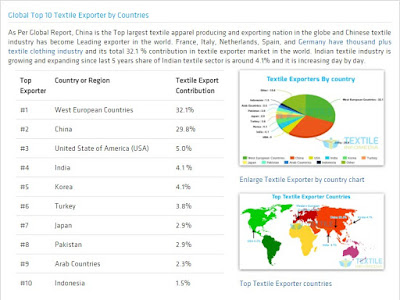

a young, growing, highly educated workforce.Iran’s labour market is characterised by: significant agricultural and service sectors.the world’s seventh largest mineral reserves.However, the oil and gas sector still dominates. Iran’s economy is relatively diversified. True private sector companies (with no links to the state) are estimated to account for only 20% of economic activity. Iran’s economy is also home to a large number of entities that are owned by organisations that are related to the state. Industrial Development and Renovation Organisation.Iranian Mining Industries Development and Renovation Organisation.The Iranian government owns the largest companies which are typically in the extraction and manufacturing industries.

The government creates regular economic plans and these have a significant impact on the direction of the country. RegulationsĬan be complex, and consumer and employee protection is often given preference over ease of doing business. The Iranian state acts as both the regulator of, and an important player in, the country’s economy. Non-Iranian estimates forecast growth of around 5% a year. Iran is aiming for 8% annual GDP growth up to 2020. Iran grew by 4.3% in 2014 according to the World Bank. The Iranian government is taking steps to reduce inflation, which stood at 14% in 2015. Iran’s economic performance is expected to improve following the recent lifting of some sanctions. It’s estimated nominal GDP was USD 397 billion in 2015. Iran has the second largest economy in the Middle East after Saudi Arabia. The Iranian economy and doing business in Iran 3.1 Economic growth in Iran They may also want to seek legal or business advice where they aren’t confident of their understanding of any relevant legal or market-related issues. make sure they don’t violate sanctions or other legal prohibitions on businessīusinesses preparing to do business in Iran should familiarise themselves with the relevant sections of this guidance.the need to ensure that a bank has been identified willing to facilitate payments and that British businesses wishing to conduct business with Iran have access to adequate financial channels in place.practical and legal considerations specific to Iran.relevant sanctions and possible political risk.information specific to the sectors they want to invest or operate in.To do business in Iran, UK businesses first need to be aware of: a young population (60% are estimated to be under 30 years old)ĮU trade with Iran in 2016 stands at around USD 8 billion and is expected to quadruple by 2018.a population of around 80 million (the second largest in the Middle East after Egypt).the Iranian government’s encouragement for foreign investment.1.2 Benefits of doing business in Iran - summaryīenefits of trading in Iran for UK businesses include: Guidance issued by the US Office of Foreign Assets Control (OFAC) with further information on US sanctions can be found on the US Department of the Treasury website. The Iranian government is keen to attract foreign investment and technology transfer across all sectors. Other sectors in this diversified economy with the potential to contribute to the country’s Gross Domestic Product ( GDP) growth and employment and where UK business has particular strengths include:
#Creating funds oil exporter countries driver
Iran’s significant oil and gas reserves will be an important driver of economic growth. Iran is the biggest new market to enter the global economy in over a decade, offering significant opportunities in most sectors, with potential to grow as the market in Iran expands. There is a positive outlook for UK-Iran trade relations.
#Creating funds oil exporter countries upgrade
Re-opening of the British Embassy in Tehran in 2015, the upgrade in diplomatic relations and the appointment of Nicholas Hopton as British Ambassador to Iran on 5 September 2016, marked an important step forward in diplomatic relations between the two countries. The Department for Business and Trade ( DBT) – based both in the UK and in the British Embassy in Tehran – is on hand to support trade and investment between our 2 countries. The UK government supports expanding our trade relationship with Iran and we encourage UK businesses to take advantage of the commercial opportunities arising from the lifting of sanctions. On 16 January 2016, Iran received extensive economic and financial sanctions relief following confirmation from the International Atomic Energy Agency (IAEA) that Iran had met its obligations under the nuclear deal agreed on 14 July 2015, meaning the country is now able to trade more freely globally. As of 5 November 2018, US nuclear-related sanctions have been re-imposed on Iran following the US withdrawal from the Joint Comprehensive Plan of Action (otherwise known as the Iran Nuclear Deal) on.


 0 kommentar(er)
0 kommentar(er)
